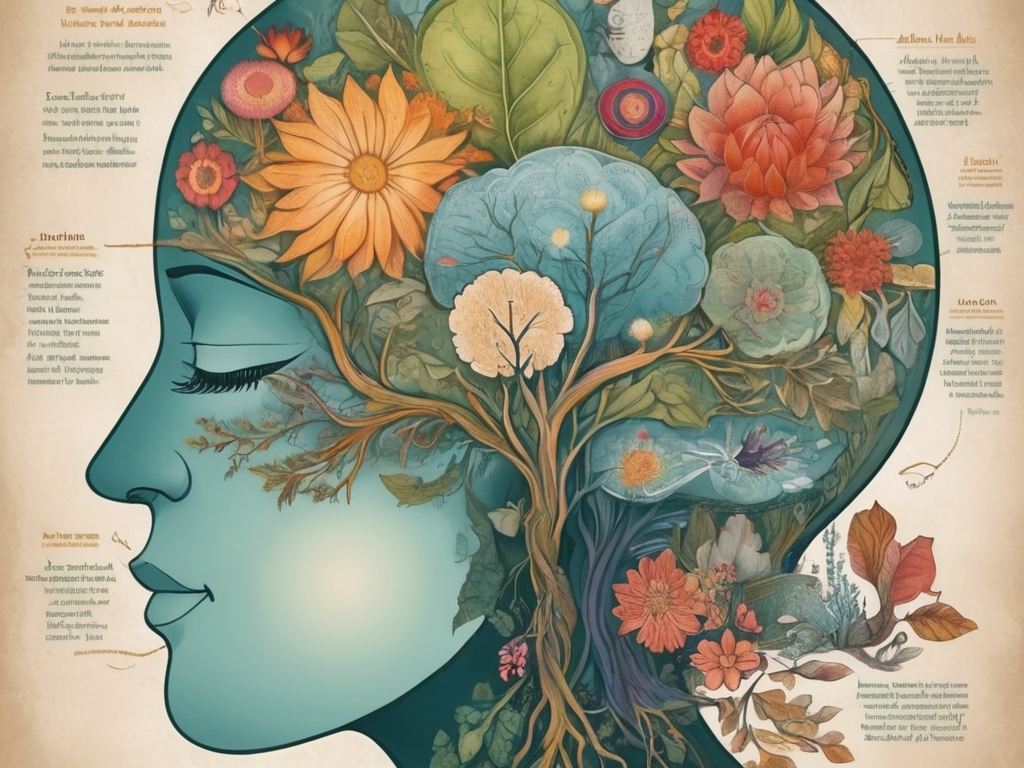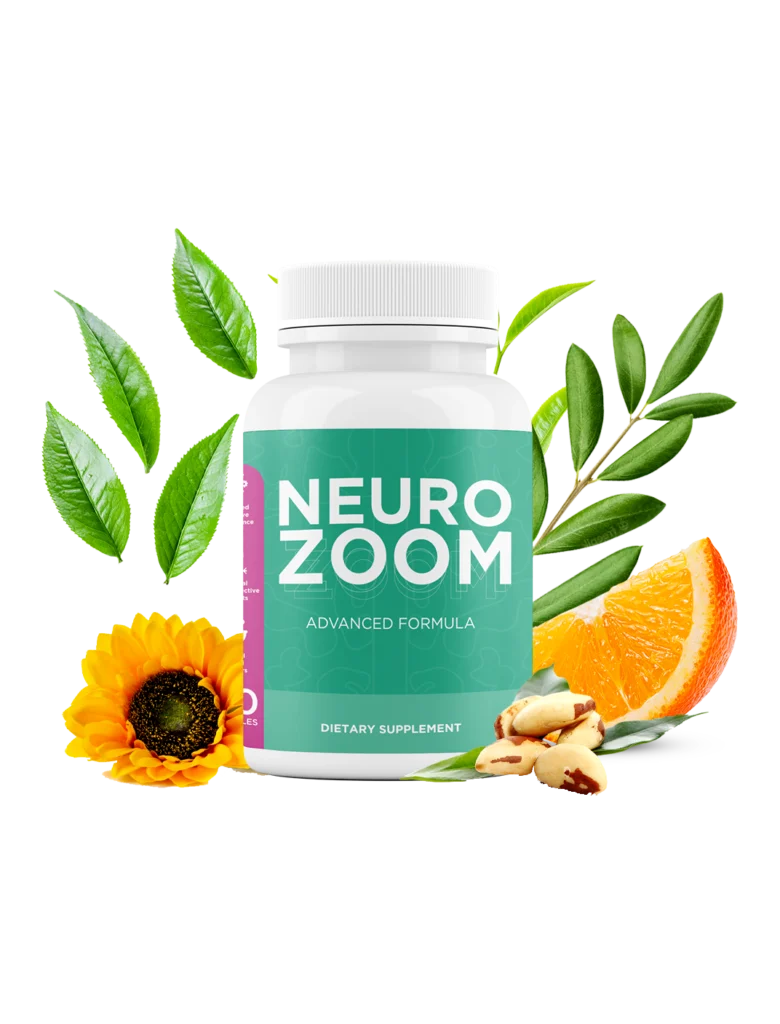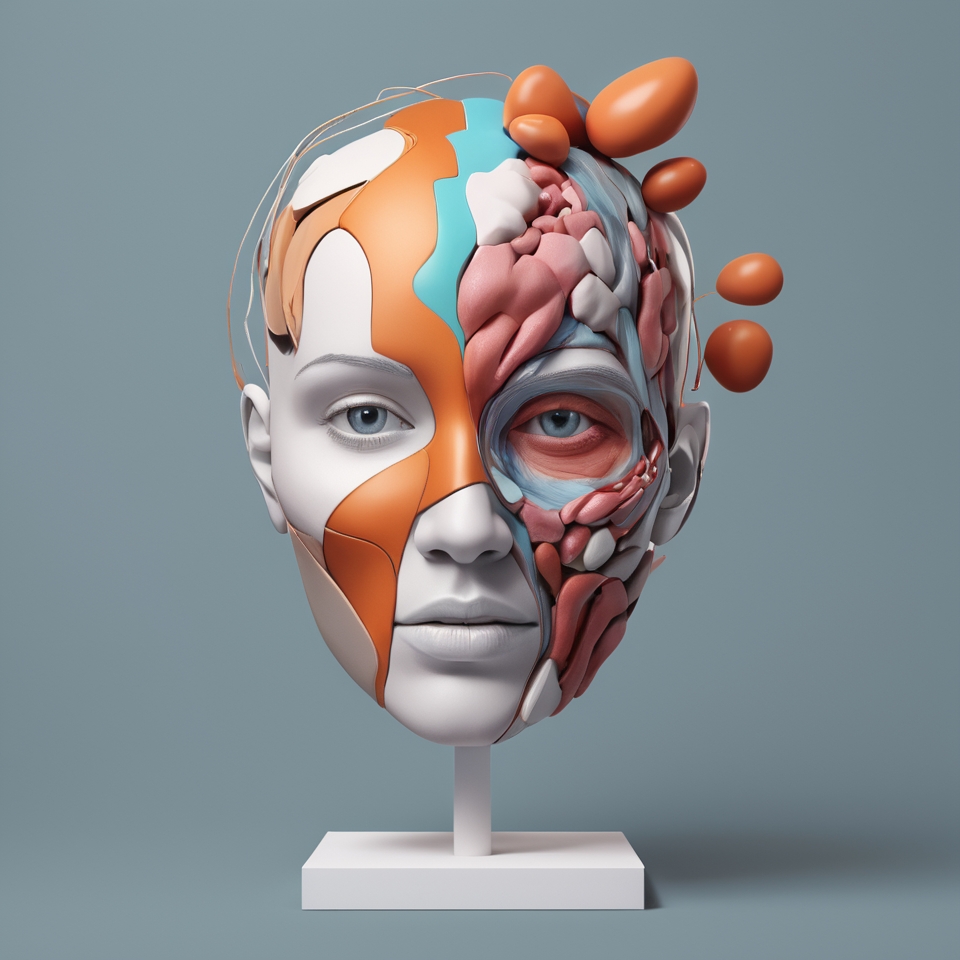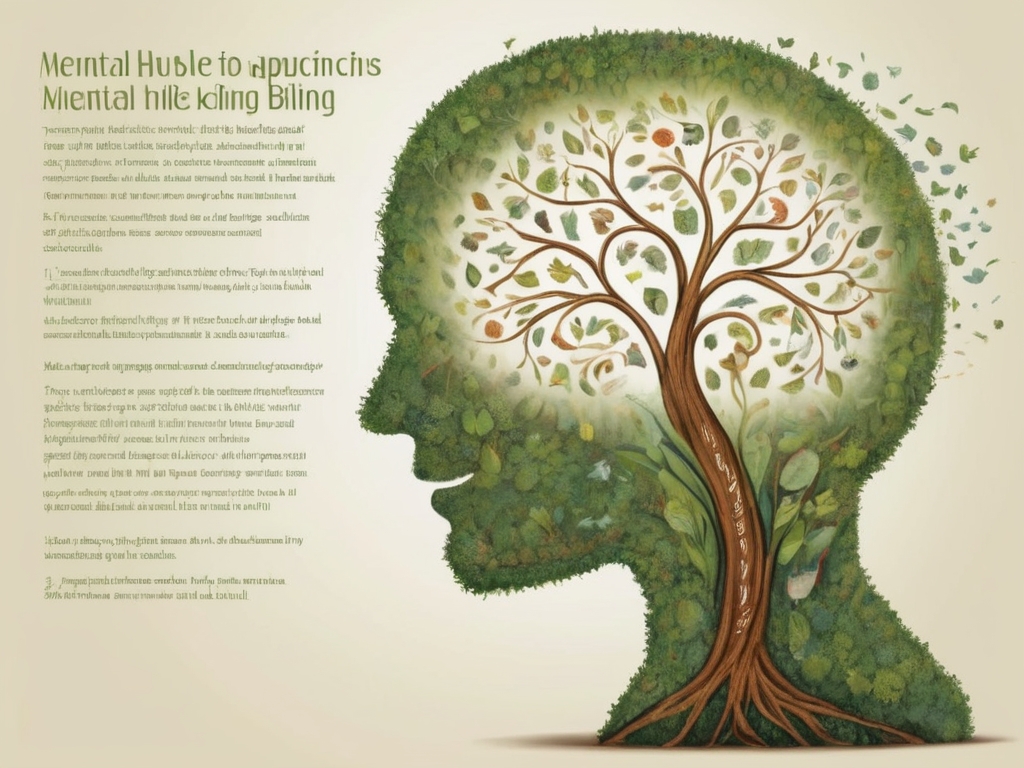Mental Well-being: The Vital Pillar of Overall Health
In the pursuit of a healthy lifestyle, we often prioritize physical fitness through exercise and nutrition, overlooking a crucial aspect: mental well-being. However, emerging research and societal shifts are increasingly emphasizing the integral role of mental health in our overall wellness. It’s time to recognize mental well-being as a fundamental pillar of health that deserves equal attention and care.

The Connection Between Mind and Body
The mind-body connection is undeniable. Mental and physical health are intertwined, influencing each other in profound ways. Chronic stress, anxiety, or depression can manifest physically, leading to conditions like heart disease, digestive issues, and weakened immune function. Conversely, physical ailments can impact mental health, exacerbating feelings of frustration, sadness, or anxiety.
Promoting mental well-being isn’t just about preventing mental illness; it’s about nurturing resilience, coping mechanisms, and emotional balance. When we prioritize mental health, we enhance our ability to handle life’s challenges, maintain healthy relationships, and find joy and fulfillment in everyday experiences.
Holistic Approaches to Mental Well-being

Fortunately, there’s a wealth of strategies and practices to support mental well-being:
Mindfulness and Meditation:
These practices cultivate present-moment awareness, reducing stress and promoting emotional stability.
Regular Exercise:
Physical activity releases endorphins, neurotransmitters that boost mood and alleviate symptoms of anxiety and depression.
Healthy Relationships:
Strong social connections provide emotional support, a sense of belonging, and opportunities for meaningful interactions.
Quality Sleep:
Prioritizing adequate sleep enhances cognitive function, mood regulation, and overall resilience to stress.
Self-Care Activities:
Engaging in hobbies, creative pursuits, or relaxation techniques fosters a sense of fulfillment and reduces burnout.
Professional Support:
Therapy, counseling, or psychiatric treatment offer valuable tools and resources for managing mental health concerns.
Nutrition:
A balanced diet rich in nutrients supports brain function and mood regulation, influencing overall well-being.
Breaking the Stigma
Despite growing awareness, stigma surrounding mental health persists, preventing many from seeking help or openly discussing their struggles. It’s essential to challenge this stigma, fostering environments of understanding, empathy, and support. By normalizing conversations about mental health, we empower individuals to prioritize their well-being without fear of judgment or discrimination.

Integrating Mental Health into Healthcare
As the importance of mental well-being gains recognition, healthcare systems are evolving to offer comprehensive support. Integrative approaches that address both physical and mental health are becoming increasingly prevalent, emphasizing prevention, early intervention, and holistic treatment modalities.
Educational initiatives, workplace wellness programs, and community resources play vital roles in promoting mental health literacy and accessibility to care. By equipping individuals with knowledge and support, we can collectively nurture a culture that values and prioritizes mental well-being.
Conclusion
Mental well-being is not a luxury; it’s a fundamental aspect of our overall health and quality of life. By acknowledging its significance and investing in practices that promote resilience and emotional balance, we empower ourselves to lead healthier, more fulfilling lives. Let’s prioritize mental well-being alongside physical health, recognizing its essential role in shaping our holistic wellness journey.

Complete Support For Healthy Memory, Concentration And Mental Acuity
• 35-in-1 memory essential formula
• Designed to offer superior and long-lasting results
• Supports every aspect of cognitive total wellbeing


